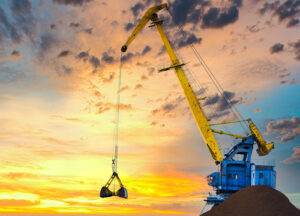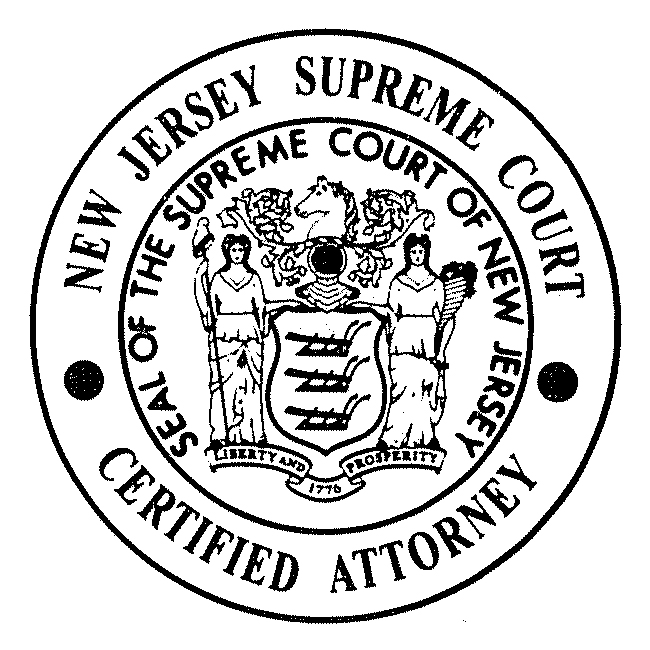Common causes of crane accidents on construction sites
 Despite advancements in the design and construction of cranes along with new safety protocols, crane accidents continue to occur. Construction companies and those who work or live on or near construction sites that use cranes should familiarize themselves with some of the most common causes of crane accidents and steps that can be taken to help reduce the risk of accidents occurring.
Despite advancements in the design and construction of cranes along with new safety protocols, crane accidents continue to occur. Construction companies and those who work or live on or near construction sites that use cranes should familiarize themselves with some of the most common causes of crane accidents and steps that can be taken to help reduce the risk of accidents occurring.
Crane Accident Statistics
According to the Bureau of Labor Statistics, from 2011 through 2017 there were a total of 297 crane-related accident fatalities, for an average of 42 deaths per year. About half of all fatalities occurred from the victims being struck by an object or by equipment. Of these cases, three-fifths involved the victim being struck by a falling object; in the rest of the cases, the accident involved an object falling from the crane.
A little less than half of crane accident fatalities occurred in the private construction industry, about a quarter occurred in the manufacturing industry, with the rest occurring in the construction and extraction industries.
About 22 percent of fatalities occurred to workers operating the crane, while 23 percent of fatalities occurred for workers erecting or dismantling a crane.
Twenty-seven percent of fatalities occurred on a construction site, while 24 percent happened in a factory or other manufacturing plan.
Common Causes of Crane Accidents
According to OSHA, common causes of crane accidents include:
- Contacting energized power lines
- Contact with an under-the-hook lifter
- Overturning
- Boom collapse
- Dropped loads
- Fallen or dropped counterweight
- Rigging failures
Steps to Reduce the Risk of a Crane Accident
To avoid the possibility of a crane accident, cranes should be inspected after being erected and continually through their use, with all necessary and recommended maintenance performed on crane equipment. Other guidelines that construction companies should follow to help reduce the risk of a crane accident include:
- Cranes should only be operated by properly trained and qualified workers
- Always follow all manufacturer instructions
- Cranes and rigging should be inspected by qualified personnel each time before their use
- Cranes should be placed or erected on firm, stable, level surfaces
- For mobile cranes, outriggers should always be fully extended
- If possible, the full extent of the crane’s swing radius should be barricaded while the crane is in use
- Always maintain at least 10 to 15 feet of clearance between the crane and boom and any power lines
- Never wrap hoist lines around a load
- Never exceed the crane’s load capacity
- Before moving a load, raise it a few feet above the ground, and hold to verify capacity, balance, and braking
- Never swing loads over workers or bystanders
- Crane operators and other workers on-site should always follow all signals and warnings
What Are Your Rights If You Were Injured in a Crane Accident?
If you are a construction worker who was injured by a crane accident, you may be entitled to financial recovery through the Workers’ Compensation system. Your employer may be required to pay you benefits such as:
- Medical treatment and rehabilitation
- Partial wage replacement if you miss time from work during your recovery
- Benefits payments for permanent disabilities
Depending on the circumstances of a crane accident, you might also be entitled to pursue a personal injury claim against a third party that can also provide compensation for the full extent of your past and future lost wages, pain, and suffering, and lost enjoyment or quality of life.
Contact a Clark Workers’ Compensation Lawyer to Discuss Your New Jersey Workplace Injury Case
A workplace injury can be devastating, particularly if it prevents you from returning to work for an extended period of time. Although New Jersey Workers’ Compensation laws are supposed to provide you with reimbursement for medical expenses and replacement pay for missed time at work, it is not always easy to get the Workers’ Comp benefits you deserve. That is why you should speak with a knowledgeable Workers’ Compensation lawyer about your situation and get guidance throughout the claims process. The experienced Workers’ Compensation attorneys at Team Law represent clients in Paterson, Elizabeth, Clifton, Trenton, and all across New Jersey. Call (732) 540-1394 or fill out our online contact form today to schedule a free consultation about your work injury case. Our main office is located at 136 Central Avenue, Clark, NJ 07066, and we also have offices in West New York, Perth Amboy, Edison, Summit, Newark, New Brunswick, Orange, Plainfield, and Jersey City.
The articles on this blog are for informative purposes only and are no substitute for legal advice or an attorney-client relationship. If you are seeking legal advice, please contact our law firm directly.
 CALL NOW
CALL NOW






